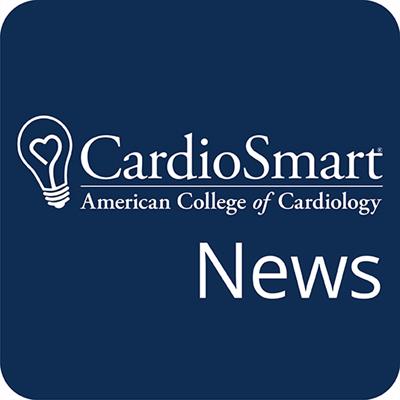
Syncope is the temporary loss of consciousness, often referred to as fainting. It can be confused with dizziness or feeling lightheaded. Although most causes of syncope aren’t serious, guidelines are useful in assessing and treating patients with
syncope.
Recently, the American College of Cardiology, American Heart Association and Heart Rhythm Society released 2017 Guidelines for the Evaluation and Management of Patients with Syncope. This is what every patient should know about the latest recommendations:
- Syncope is usually related to a brief drop in blood flow to the brain. It is relatively common, affecting up to 41% of adults. Evidence also suggests that roughly 13% of adults experience recurrent fainting. Fainting is especially common in older
adults, with risk increasing after the age of 70. In addition to age, other risk factors for syncope include conditions like atrial fibrillation, heart failure, aortic stenosis and COPD (chronic obstructive pulmonary disorder).
- It’s important to consult with a doctor after experiencing a fainting spell because syncope can be a symptom of a serious medical condition. Providers should perform a physical examination and detailed medical history in patients with syncope
to identify potential causes. The physical exam may include a non-invasive test called a 12-lead electrocardiogram, which checks the electrical activity of the heart. Together, these tests may help identify potential causes of syncope and appropriate
treatment options.
- Depending on underlying conditions, treatment may include lifestyle changes, medication and/or medical procedures. For example, a type of drug called a beta-blocker may be recommended for patients with something called long QT syndrome (seen on a
patient’s electrocardiogram), which causes fast, chaotic heartbeats. Implantable cardioverter-defibrillators, often referred to as ICDs, also may be considered for such patients to help treat irregular heartbeats.
- Participation in competitive sports is not recommended for patients with syncope and certain heart conditions. It is important that patients with syncope and heart conditions consult with a specialist to ensure that it’s safe for them to exercise.
- If patients have a serious medical condition and experience syncope, hospital evaluation and treatment are recommended, especially when syncope may be related to the condition.
- There is a greater risk of hospitalization and death related to fainting in older adults. Therefore, it’s important that older adults seek medical attention for fainting, especially when they have other heart conditions.
Additional research is needed to better understand the causes, diagnosis and treatment of syncope, especially in high-risk populations. Experts also hope to assess key outcomes associated with syncope, including risk of death, quality of life and work
loss.
Read the full update to these guidelines in the Journal of the American College of Cardiology: ”2017 ACC/AHA/HRS Guideline for the Evaluation and Management of Patients With Syncope”
Learn about CardioSmart's editorial process. Information provided for educational purposes only. Please talk to your health care professional about your specific needs.